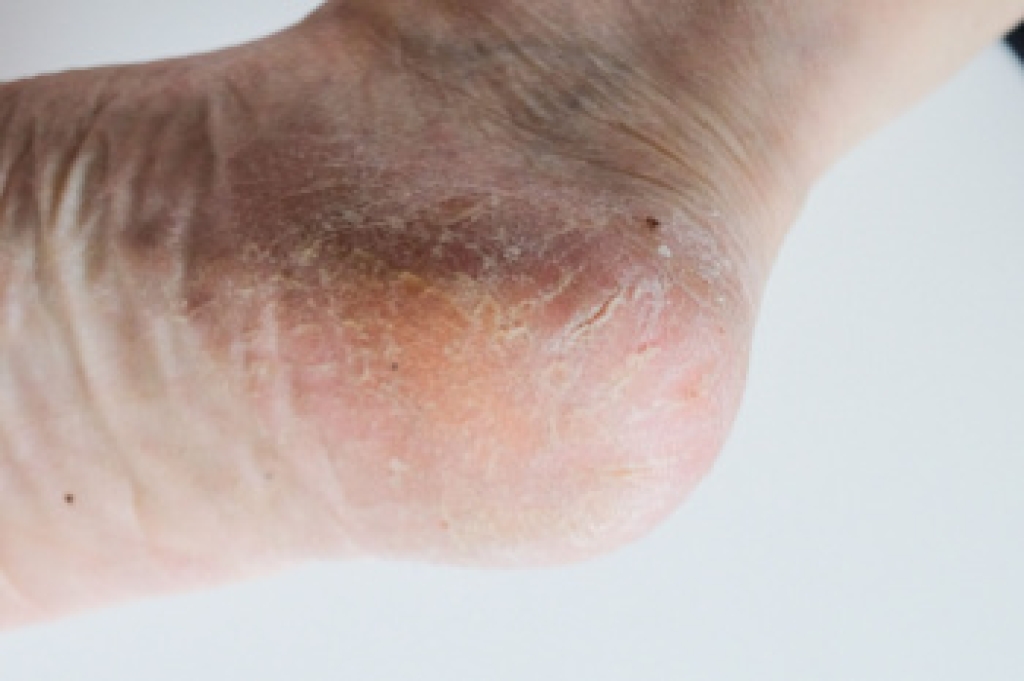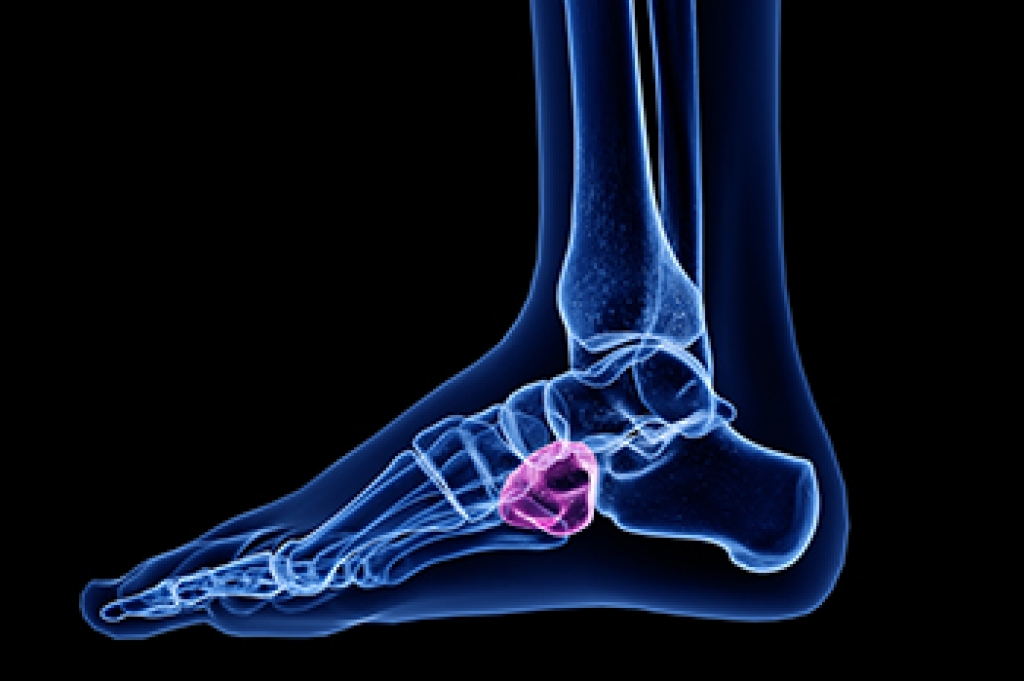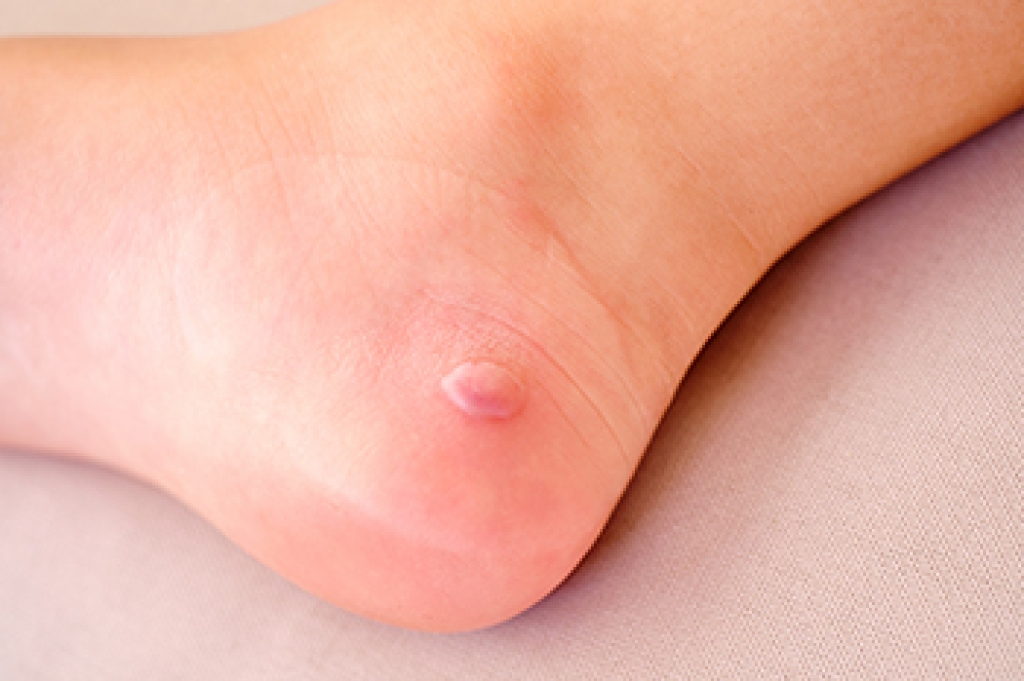
Foot cramps involve sudden, painful, involuntary tightening of the muscles in the feet or toes and can occur during activity, prolonged standing, or even at rest. Foot cramps often develop when muscles become fatigued or stressed and are unable to relax normally. Dehydration is a common factor, since muscles depend on adequate fluid levels to function properly, and not drinking enough water can increase the risk of cramping. Electrolyte imbalances involving calcium, magnesium, potassium, or sodium can interfere with nerve signals that control muscle movement, contributing to cramping. Wearing shoes that do not fit well or fail to provide proper support may also strain the muscles that support the arches, leading to fatigue and spasms. A podiatrist can identify contributing factors, evaluate foot structure, and recommend appropriate treatment. If foot cramps occur frequently, it is suggested that you make an appointment with a podiatrist for an exam and treatment.
Foot Pain
Foot pain can be extremely painful and debilitating. If you have a foot pain, consult with Brian Doerr, DPM from Florida. Our doctor will assess your condition and provide you with quality foot and ankle treatment.
Causes
Foot pain is a very broad condition that could be caused by one or more ailments. The most common include:
- Bunions
- Hammertoes
- Plantar Fasciitis
- Bone Spurs
- Corns
- Tarsal Tunnel Syndrome
- Ingrown Toenails
- Arthritis (such as Gout, Rheumatoid, and Osteoarthritis)
- Flat Feet
- Injury (from stress fractures, broken toe, foot, ankle, Achilles tendon ruptures, and sprains)
- And more
Diagnosis
To figure out the cause of foot pain, podiatrists utilize several different methods. This can range from simple visual inspections and sensation tests to X-rays and MRI scans. Prior medical history, family medical history, and any recent physical traumatic events will all be taken into consideration for a proper diagnosis.
Treatment
Treatment depends upon the cause of the foot pain. Whether it is resting, staying off the foot, or having surgery; podiatrists have a number of treatment options available for foot pain.
If you have any questions, please feel free to contact our office located in Fort Meyers, FL . We offer the newest diagnostic and treatment technologies for all your foot care needs.




